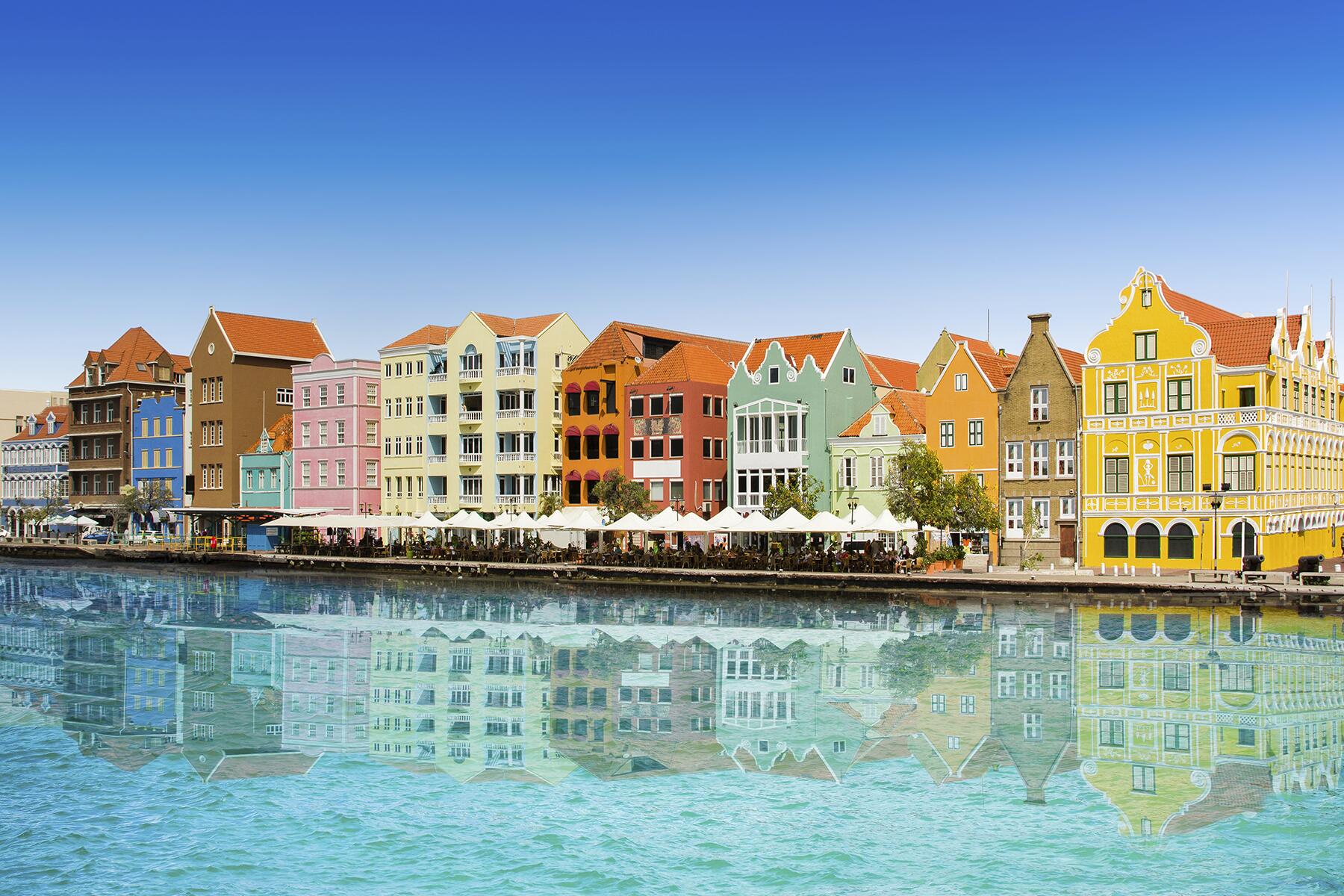And other Monkeypox travel questions answered.
We hate to be the bearer of bad news, but there’s a lot going on in the world. COVID-19, climate change, and travel chaos in Europe and the U.S.–and that doesn’t even scratch the surface. Yet, there’s another entrant that’s causing trepidations in the heart of travelers: Monkeypox.
More than 25,000 cases have been reported globally (experts say the number could be higher), and the U.S. has confirmed 6,325 cases, according to the CDC. Last month, the WHO declared a global health emergency due to the Monkeypox outbreak, and soon after, San Francisco became the first major U.S. city to announce a legal state of emergency to mobilize efforts for prevention, treatment, and vaccinations. Now New York state, Illinois, and California have followed suit.
Related: Should You Change Your Travel Plans Because of Monkeypox?
However, Monkeypox is still considered a rare virus, and it’s not a big threat to the general public. Travelers don’t have to cancel or alter their plans as of now. Keeping yourself informed is the first line of defense because things change rapidly when more research is conducted—as we’ve all witnessed with COVID-19.
Here, we are consolidating information that will answer some of the questions you might have.
What Are the Ways of Transmission?
Let’s start with some facts. Monkeypox is not like COVID-19. It’s not as contagious, and it doesn’t transmit as easily. So, you’re not at risk if you’re having casual conversations with someone. In fact, the CDC says that at this point, the risk is believed to be low in the U.S.
Recommended Fodor’s Video
If you’re within a few feet of an infected person and breathe in the virus, if you touch their contaminated clothing, if you touch scabs/rashes, or if you have any close physical contact (kissing, hugging, sex), you can get it. Touching or getting bitten by an infected animal may also spread the virus. Read this to know more about how it spreads.
Asymptomatic transmission is still being investigated, so your major threat is someone who is already experiencing fever, headache, muscle ache, rashes, chills, congestion, or sore throat.
Most cases being reported are of men having sex with men, but it is not an STD. Intimate contact with an infected individual is a route of transmission, but anyone can get infected, regardless of their sexual preferences. Gentle reminder: be kind and don’t stigmatize or vilify the LGBTQ+ community.
Can I Get Infected on a Plane?
Dr. Michael Phillips, the chief epidemiologist at NYU Langone Health, told USA Today that travelers shouldn’t worry about airborne transmission on airplanes or sitting next to someone.
However, if you want to take extra precautions, you can wear clothes that cover your body fully. While maintaining that the risk is low, the San Francisco government recommended, “If you are traveling on a plane, avoid prolonged skin-to-skin contact, while sharing an armrest, for example.”
Can I Get Infected in a Hotel?
Monkeypox can spread by touching the clothing, towels, and bedsheets of an infected person. Infectious disease epidemiologist and assistant professor at George Mason University, Dr. Saskia Popescu, told Fodor’s that while bedding is a potential route of transmission, if appropriate cleaning protocols are followed between guests at Airbnbs and hotels, this shouldn’t be an issue. “The CDC website outlines how to handle contaminated linens, so as long as people follow those protocols, the risk is extremely low.”
She also advised that the property owners need to follow the laundering instructions from the CDC between each renter, “which are pretty typical for cleaning of any linen and bedding.”
So if a bedsheet or a towel looks unclean in your hotel or villa, ask for a change. You can also check what protocols your accommodations are following between guests, but most have adopted a line of sanitation measures after COVID-19, and it should be enough. The American Hotel and Lodging Association noted that the threat to the hotel industry is low. “At this time, AHLA is not advising any specific changes in any policy or recommendations. Our team will continue to monitor the situation.”
What Else Can I Do?
High-risk activities for Monkeypox include physical contact with people who are sick or are at risk. People are warned against kissing, hugging, sharing utensils, or touching the clothes of someone who is sick or has a rash. So when traveling, make sure you don’t have prolonged or intimate contact with strangers. And, don’t touch wild animals while traveling or eat wild meat.
Dr. Popescu also suggests that people should be aware of the transmission within the area they’re visiting. “Be mindful of how it’s [primarily] spread, which is through direct contact with the lesions and body fluids, but also those fabrics that have been used by a person with Monkeypox. You can also spread it through respiratory secretions, so many health departments are encouraging people to be cognizant of the signs and symptoms.”
It goes without saying that if you are experiencing symptoms, you should stay home and talk to a healthcare professional.
Even when attending social gatherings or events (like concerts and parties), consider these risks and avoid direct skin-to-skin contact.
In the U.S., vaccines are available in a limited capacity, so the CDC recommends the two-dose vaccination for those who have been exposed to the virus or are at risk.



